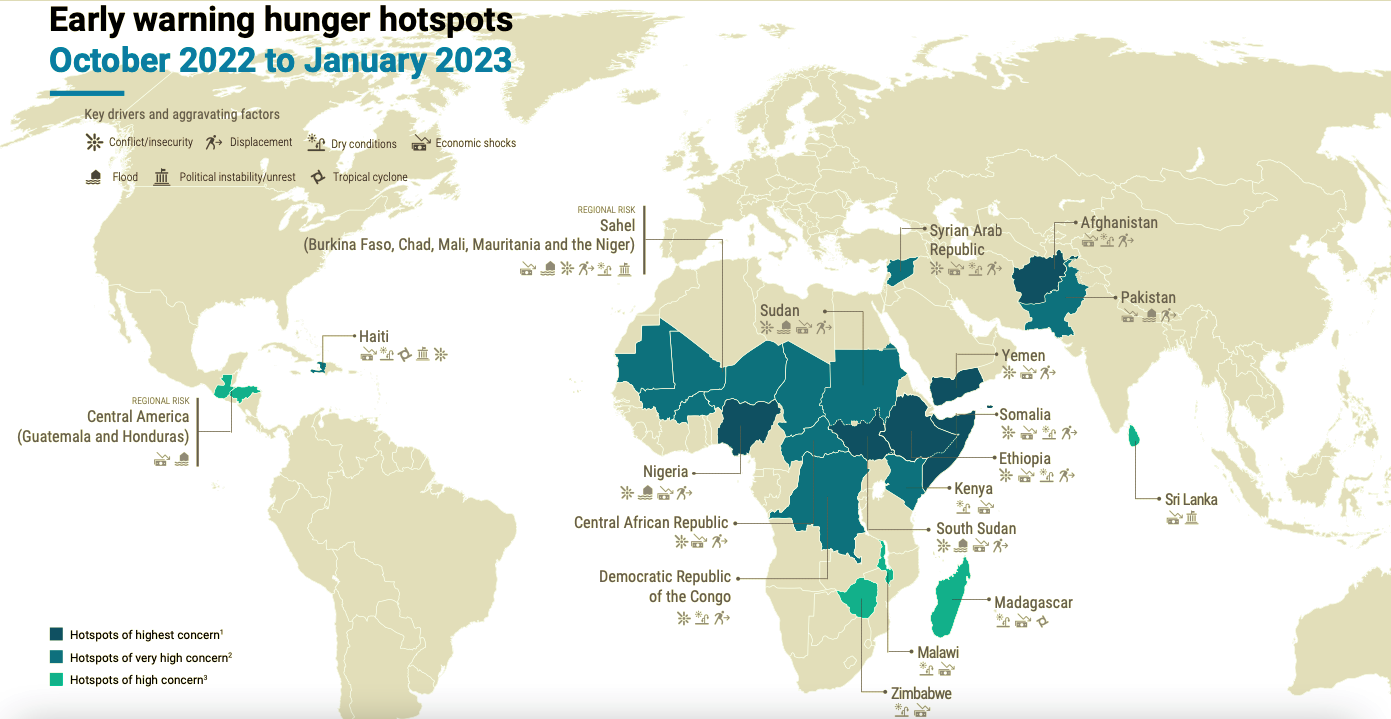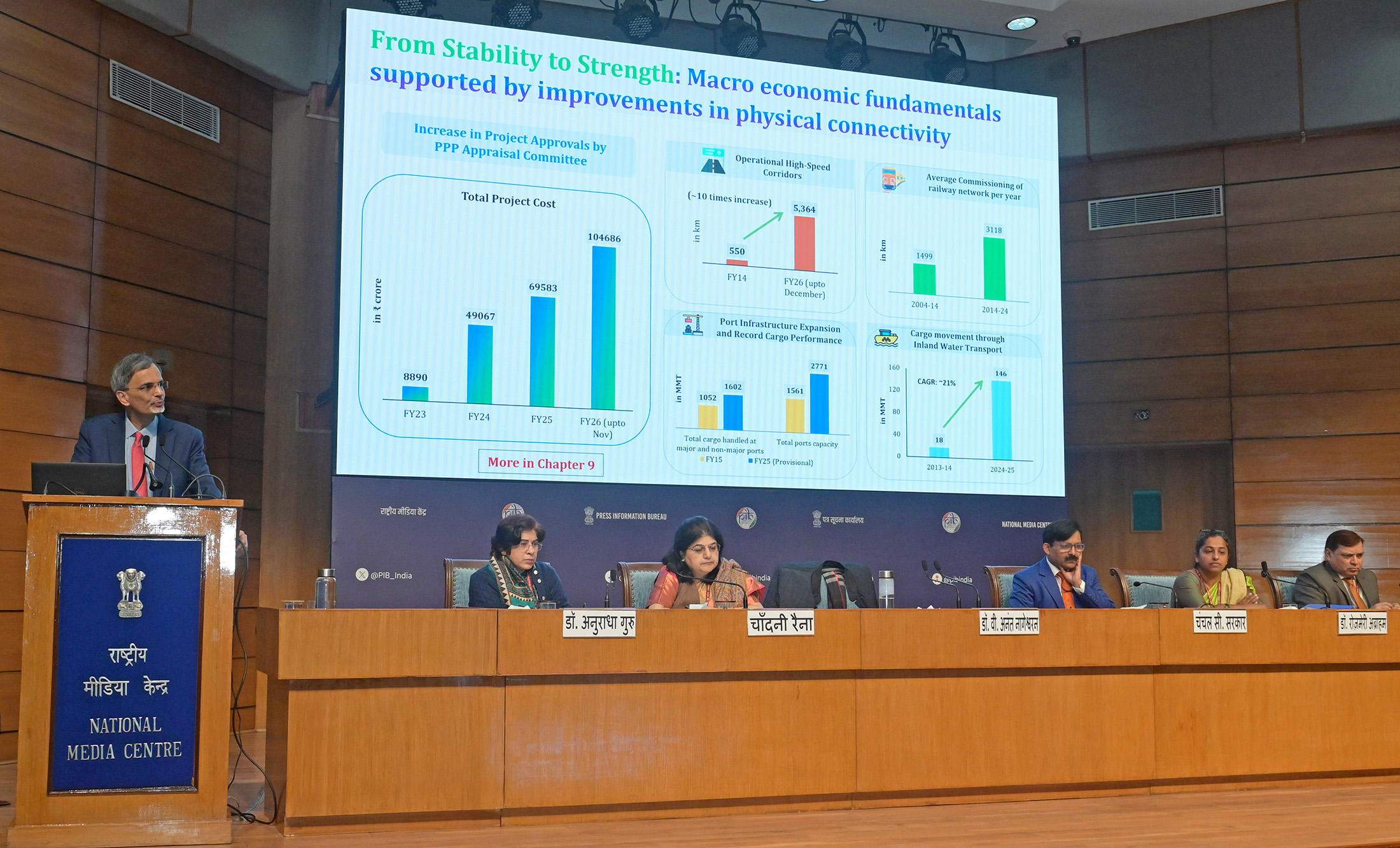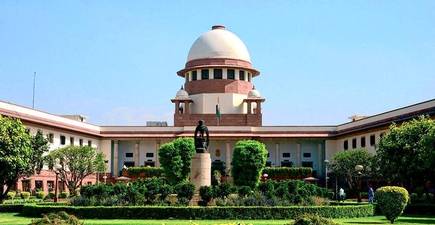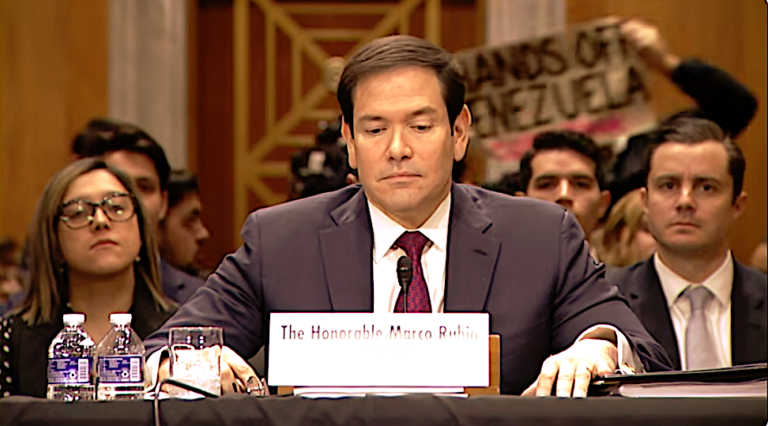
World Food Day 2022: Pope Francis, United Nations Secretary-General and Italy’s President join other leaders in urging renewed efforts to tackle hunger and malnutrition
Rome: World Food Day 2022 celebrations were held here today under the rallying cry “leave no one behind,” amid a deteriorating global food security crisis and all-time high numbers of people at risk of experiencing serious levels of hunger in Asia and Africa.
The Food and Agriculture Organization of the United Nations (FAO) and the World Food Programme (WFP) warn that acute food insecurity is likely to deteriorate further in 19 countries or situations – called hunger hotspots – during the outlook period from October 2022 to January 2023.

2 These are hotspots with sizeable populations – over 500 000 people – estimated or projected to be in Emergency (IPC/CH Phase 4) levels of acute food insecurity or identified as severely food insecure as per WFP’s Consolidated Approach for Reporting Indicators of Food Security (CARI) or remote CARI (rCARI)methodology; or hotspots with more than 10 per cent of the analysed population in Emergency (IPC/CH Phase 4) or severely food insecure, and at least 50 per cent of the population analysed. In the included countries, life‐threatening conditions are expected to further intensify in the outlook period.
3 Other countries, in which acute food insecurity is likely to deteriorate further during the outlook period, and which were identified as hunger hotspots.
Source of data: FAO and WFP. 2022. Hunger Hotspots analysis (October 2022 to January 2023). Source of the map: United Nations. 2020. Map of the World. Cited 20 September 2022. www.un.org/geospatial/content/map‐world
The boundaries and names shown and the designations used on these map(s) in this information product do not imply the expression of any opinion whatsoever on the part of FAO and WFP concerning the legal status of any country, territory, city or area or of its authorities, or
concerning the delimitation of its frontiers and boundaries.
Leaving no one behind means working on many fronts at the same time. This year’s event takes place at a time when global food security is facing threats from multiple directions, with soaring food, energy and fertilizer prices adding to traditional drivers such as the climate crisis and long-standing conflicts. Meanwhile, the COVID-19 pandemic continues to have a knock-on effect, highlighting how interconnected economies and lives are.
On top of the 970 000 people at risk of famine in Afghanistan, Ethiopia, Somalia, South Sudan and Yemen, the number of people facing hunger worldwide is on the rise (as much as 828 million in 2021, according to FAO’s latest The State of Food Security and Nutrition in the World report) and 3.1 billion people still cannot afford a healthy diet.
“My gravest concern is what’s coming next: a food availability crisis as the fallout from conflict and climate change threatens to sabotage global food production in the months ahead. The world must open its eyes to this unprecedented global food crisis and act now to stop it from spinning out of control,” said World Food Programme Executive Director David Beasley.
As is so often the case, it is the most vulnerable who are hit the hardest: Women, youth, Indigenous Peoples and rural farmers. They are often the ones who struggle the most to gain access to training, finance, innovation and technologies.
“In the face of a looming global food crisis, we need to harness the power of solidarity and collective momentum to build a better future where everyone has regular access to enough nutritious food,” FAO Director-General QU Dongyu said in his address to the ceremony in Rome.
The annual event commemorates the founding in 1945 of the Food and Agriculture Organization of the United Nations (FAO). A global ceremony at FAO’s headquarters in Rome featured messages from, among others, UN Secretary-General Antònio Guterres, Pope Francis and Italian President Sergio Mattarella.
Guterres noted that World Food Day 2022 was taking place “at a challenging moment for global food security” and urged stakeholders to act together in order to move “from despair to hope and action.”
Pope Francis, in a message read on his behalf, urged the audience not to lose sight of the fact that people “are not just numbers, data or an endless stream of statistics.”
Italian President Mattarella said that without equitable access to food, millions of people on our planet, especially those living in the poorest countries, may not be granted a healthy life, quality education, and the opportunity for social and economic growth.
World Food Day is also an occasion to celebrate people whose actions are making a difference, such as FAO’s Food Heroes and the recipients of the FAO Awards, which showcase successful initiatives that support the realization of FAO’s mandate and the goals set out in its Strategic Framework 2022-31. The first-ever such award was handed to the Kirisia Community Forest Association (CFA) in Kenya, for their successful restoration of the Kirisia forest.
In addition, a Junior World Food Day event was held with a host of food heroes including Pesquet, renowned Chef Joan Roca and Lebanese media professional and FAO Regional Goodwill Ambassador for the Near East and North Africa, Darine El Khatib.
Hundreds of related initiatives were also being held in about 150 countries around the world, with a call to action in more than 50 languages featuring on digital billboards and through creative branding initiatives, including at Kigali International Airport, Rio de Janeiro’s Christ the Redeemer statue, the Niagara Falls and London’s Piccadilly Circus.
“This year, more than ever, World Food Day should be a call to ramp up action to help small-scale farmers in rural areas, who supply food to their communities and countries – through crisis after crisis – despite inequality, vulnerability, and poverty,” said Alvaro Lario, President of the UN’s International Fund for Agricultural Development (IFAD).
Afternoon events in Rome included the inauguration of an exhibit with photos from space highlighting the effects of the climate crisis, taken by European Space Agency astronaut and FAO Goodwill Ambassador Thomas Pesquet.
FAO-led or co-organized events designed to raise awareness about the global fight against hunger will continue to take centre stage in the coming week, with the second edition of the World Food Forum, which comprises the WFF Global Youth Forum, the FAO Science and Innovation Forum and the FAO Hand-in-Hand Investment Forum which is designed to accelerate agrifood systems’ transformations by eradicating poverty (SDG1), ending hunger and malnutrition (SDG2), reducing inequalities (SDG10), promoting decent rural employment and services, fostering gender equality, ensuring social protection, ending child labour, supporting local food production for vulnerable populations in food crisis countries, and supporting rural and Indigenous Peoples, who are the custodians of much of the earth’s biodiversity.
The aim is to foster dialogue and debate among relevant stakeholders, including young people, farmers, small-scale producers, Indigenous Peoples, policymakers, agri-investors and scientists, who will be tuning in from the four corners of the world with one common goal: to move the needle of food security to achieve a better food future for all, leaving no one behind.
However, more is required to assist small-scale farms, which produce more than a third of the world’s food but represent 80 per cent of the world’s producers. They are one of the foundations of the world’s agrifood systems, yet they are too often trapped in cycles of poverty and food insecurity and excluded from opportunities in systems dominated by large producers and retailers.
This requires transforming current agrifood systems to provide equal opportunities for all producers and helping smallholders gain access to new markets. Investments in training, incentives, science, data and innovation can go a long way in placing smallholders at the centre of this transformation and become active and equal agents of sustainable development.
Finally, FAO stated, governments must integrate a pledge to leave no one behind into their strategies, plans and budgets for achieving the UN Sustainable Development Goals.
– global bihari bureau





